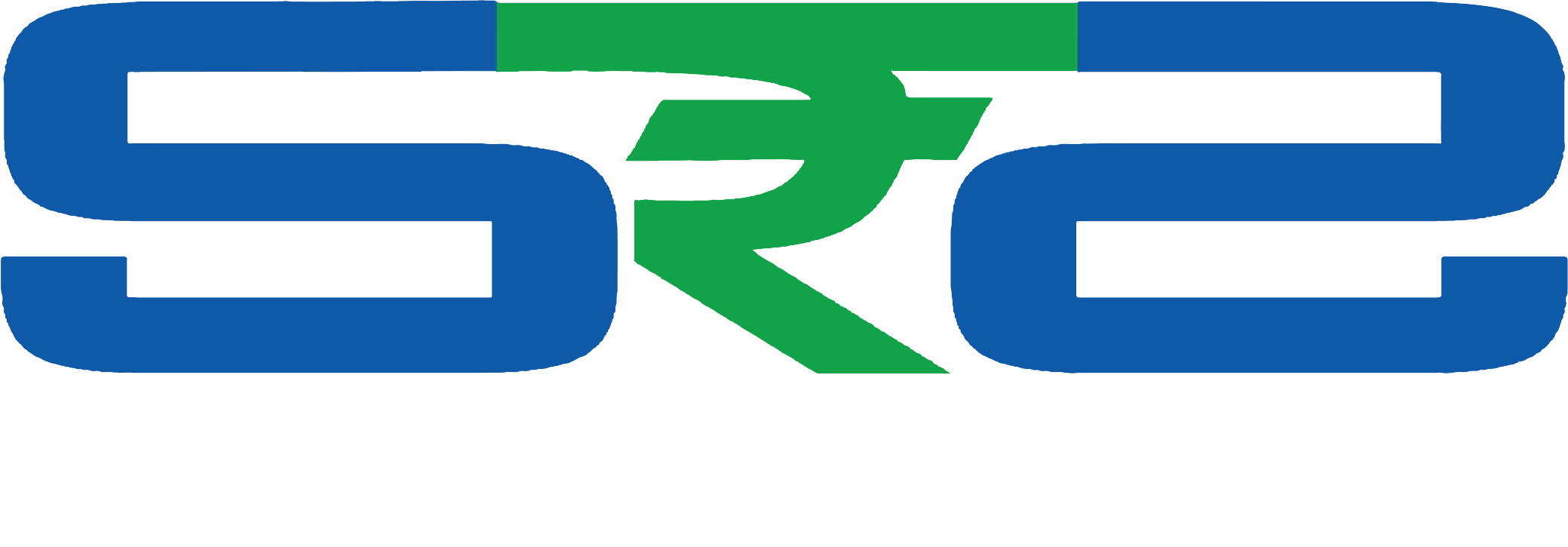A loan offered by banks keeping the future rent of an owned property as security. This loan can be availed by anyone who owns any kind of property that has been let out on a commercial basis, though banks might have further terms and conditions that would define which customer would actually be eligible for availing the loan.
Loan against Rent Receivables is a loan that can be used in lieu of a Personal Loan for improving the conditions of the property in question, taking up new projects, repair/renovation, and expenses pertaining to education, marriage, or even helping out in a business activity. There are virtually no limitations on how the sanctioned loan amount can be utilised.
Eligibility for availing a Loan against Rent Receivables
The first and foremost criteria that would be considered while considering such a loan, is that the interested individual in question must own a property that is legally acceptable. The property in question should also be rented out to one or more tenants. Further to that, the following conditions define the basic eligibility for availing such a loan.
- Property should have been already let out and should be earning rent
- Property is built according to a plan approved by the local government authorities
- Property thus rented out has a confirmed rental or lease agreement between the owner and the tenant(s)
- The owner and the tenant(s) are creditworthy as per the standards of the bank
Apart from the above basic criteria, depending on individual banks, further details might be added to the eligibility conditions.
Documentation Required for Loans against Rent Receivables
Loans against receivables is a security based loan and thus requires all valid documents pertaining to the identity of the owner, the tenants and the authenticity of the property in question. The following are a list of common documents that might be required by banks –
- Loan application form
- Photograph
- Identity proof
- Residence proof
- Educational qualifications certificate, latest 3 months’ salary slip and/or proof of business existence
- Form 16/ITR or latest 3 years’ Income Tax returns or business profile
- Latest 6 months’ bank statement or last 3 years’ profit/loss and balance sheet
- Processing fee cheque
- Property related documents
- Title of ownership of property
- Approved sanction/building plan
Details about Loans against Rent Receivables
The tenure for which the loan is provided could be as high as 10-15 years and would vary from bank to bank. The tenure allowed would also be based on the credit rating of the customer.
Based on the market value of the property, the maximum amount of loan is decided. Most banks consider allowing a loan amount that is between 70-90% of the market value of the property.
The higher the lease or rental period in the agreement, the lesser will be the proportion of the loan repayment amount from the rental amount.
Benefits of Loans against Rent Receivables
A personal loan by all purposes, a loan against rent receivables is much better than a conventional personal loan. The following points outline how such a loan is a better choice to opt for –
- Approval Time –Since the loan is given based on the security of rent amount coming from an immovable asset, there are lesser verifications to be done and processing happens way more quickly
- Interest Rates –Since it is a security-based loan, banks generally offer better and lower interest rates on the loan amount and thus it turns out to be less of a burden financially
- Repayment Tenure – Longer repayment periods of up to 10-15 years as compared to 4-5 years in case of conventional personal loans
- Loan Amount – The loan amount is based majorly on the market value of the property and thus can facilitate a larger sum of financial help
